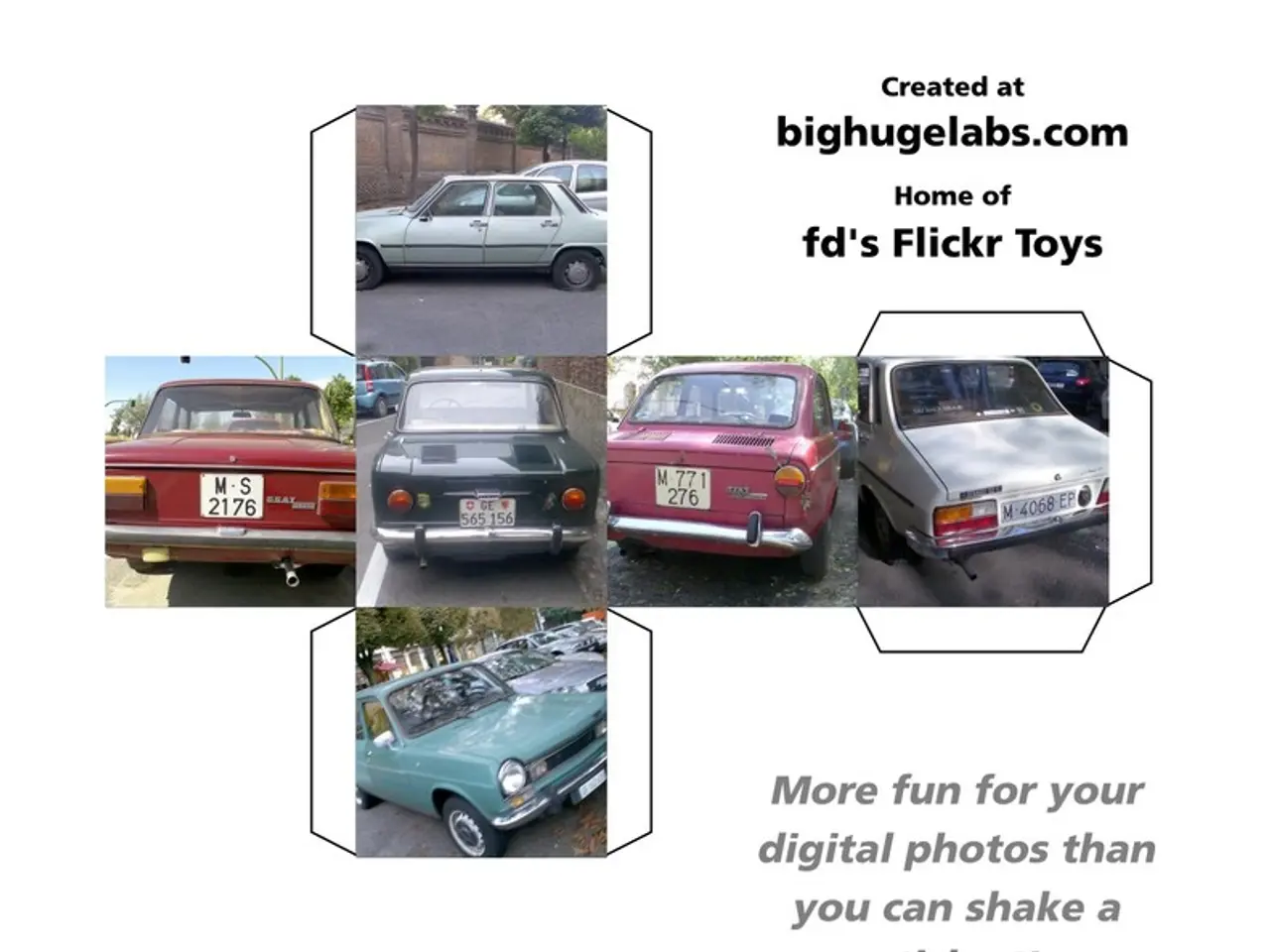Electric Vehicle Revolution: Could Electrification Be the Future for VW and Porsche?
In a notable shift, Oliver Blume, the current CEO of Porsche, is set to take over as the CEO of Volkswagen (VW) from September 1, following the departure of Herbert Diess.
Diess, who was a driving force behind VW's electrification strategy, was known for his ambitious plans to radically restructure the company, particularly the main plant in Wolfsburg. His departure follows a long conflict with the VW works council over cost-cutting measures.
Blume's leadership is crucial as VW pushes forward its electric mobility projects. Holding a dual role as CEO of both Volkswagen and Porsche, Blume is expected to bring advantages but also faces criticisms due to the high workload and potential conflicts. He has signaled a possible future relinquishing of the Porsche CEO position to focus more on Volkswagen.
Porsche, under Blume's leadership, is not pursuing a pure electric car strategy but continues to believe in the harmony of classic combustion engines, plug-in hybrids, and pure electric cars like the Taycan. The company is, however, investing in E-mobility and aims to equip 80% of its cars with an electric drive by 2030.
One of Porsche's key initiatives is the production of E-Fuels, a synthetic fuel that can be produced in unlimited quantities and burns cleaner than gasoline and diesel, reducing CO2 emissions in existing vehicles. Porsche, in partnership with Siemens Energy, is building an E-Fuels production plant in Chile.
However, the efficiency of E-Fuels has been questioned. Herbert Diess, in his tenure as VW CEO, stated that the efficiency of E-Fuels is "extremely poor" and that the process could only be optimized by a few percent. In contrast, up to 80% of the energy from the socket reaches the wheel in an electric vehicle.
Moreover, in the case of new vehicles, the technology of E-Fuels is inferior to electric vehicles in terms of efficiency and CO2 balance. Diess also estimated that an E-Fuel driver would have to spend 60 euros to travel 500 kilometers in 2030, compared to a cost of 10 euros for an electric vehicle.
The use of E-Fuels for internal combustion engines beyond 2035 has been a subject of debate. Porsche is suspected of influencing the coalition decision to allow the use of synthetically produced E-Fuels, a claim that Porsche has not denied. However, the FDP has denied that Porsche influenced their decision regarding the continued use of E-Fuels for internal combustion engines.
Many critics say that focusing on internal combustion engines in new production would be a huge step backwards. Christian Lindner, Finance Minister of Germany and a member of the FDP, rejected plans for a ban on the registration of new internal combustion engine cars at EU level from 2035.
As Blume takes over as VW CEO, the challenges faced by Porsche under his dual role, including its struggles in the Chinese market and adjustment to electric vehicle trends, may impact VW's broader electrification efforts. The management structure and potential leadership changes are relevant factors for how VW's electrification strategy will be executed going forward.
Read also:
- Peptide YY (PYY): Exploring its Role in Appetite Suppression, Intestinal Health, and Cognitive Links
- Toddler Health: Rotavirus Signs, Origins, and Potential Complications
- Digestive issues and heart discomfort: Root causes and associated health conditions
- House Infernos: Deadly Hazards Surpassing the Flames








